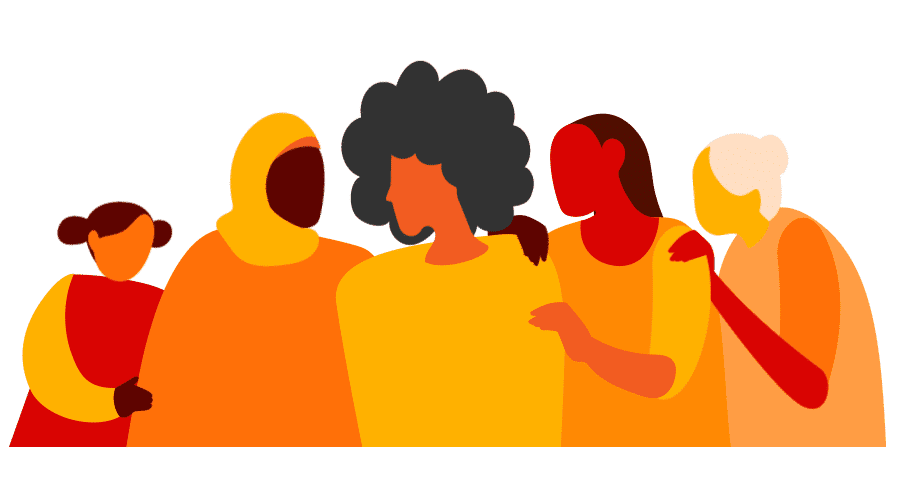
Underscoring the transformative power of women’s equal participation, top United Nations officials called on all stakeholders to take special measures to advance their equal participation and achieve rapid change.
In a message on International Women’s Day, marked annually on 8 March, Secretary-General António Guterres outlined “clear evidence”, such as better social protection programmes, stronger climate policies and enduring peace agreements, when women are in governments, parliaments or peace negotiations.
“Whether running a country, a business or a popular movement, women are making contributions that are delivering for all and driving progress towards the Sustainable Development Goals (SDGs)”, Guterres said.
“I call on countries, companies and institutions to adopt special measures and quotas to advance women’s equal participation and achieve rapid change”, he urged.
The UN began celebrating the International Day in 1975, which was designated International Women’s Year. Over the decades it has morphed from recognizing the achievements of women to becoming a rallying point to build support for women’s rights and participation, in the political and economic arenas.
This year’s commemorations, under the theme, Women in leadership: Achieving an equal future in a COVID-19 world, comes as the world continues to navigate the pandemic, which has wiped out decades of hard-won progress towards gender equality.
Women have borne the brunt of the coronavirus pandemic – from being pushed into poverty, to losing jobs as the informal economy shrinks, to an alarming spike in domestic violence and the unpaid care burden.
However, in spite of the impact on their lives and rights, women have stood resolutely on the frontlines of pandemic response, as essential workers, care givers and leaders.
“As we recover from the pandemic, support and stimulus packages must target women and girls specifically, including through investments in women-owned businesses and the care economy”, the UN chief urged.
Phumzile Mlambo-Ngcuka, Executive Director of UN-Women, the Organization’s entity dedicated to gender equality and the empowerment of women, underlined the need for political will to actively and intentionally support women’s representation.
In a message, She went on to note that concrete efforts such as setting and meeting parity targets, at all levels of government; or special measures such as putting in place and enforcing quotas and policies to address representation for “real progress” on women’s leadership.
Without such measures, progress can be slower or even non-existent and easily reversed, she warned.
“No country prospers without the engagement of women”, Mlambo-Ngcuka highlighted, calling for women’s representation that reflects all women and girls in all their diversity and abilities, and across all cultural, social, economic and political situations.
“This is the only way we will get real societal change that incorporates women in decision-making as equals and benefits us all”, the head of UN-Women added.
Ghada Waly, Executive Director of the UN Office on Drugs and Crime (UNODC), highlighted, in particular, the importance of women’s leadership and representation in law enforcement and judiciary.
Their increased participation ensures more investigations into crimes against women, better policing outcomes, and successful victim-centred approaches, she added, noting that women also enable “systemic changes”, including lower rates of violence and greater integrity through diversity.
“These are major victories for public trust and effective institutions. When women lead, we all win”, Waly said, recalling the UN Crime Congress Kyoto Declaration, adopted on Sunday, in which governments pledged to remove impediments to the advancement of women within criminal justice systems.



